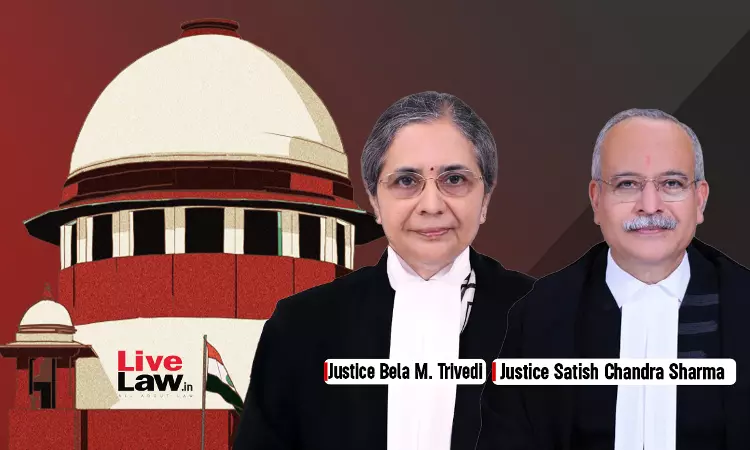Offence Within Restaurant Not 'House Trespass' As Per Sections 442, 452 IPC : Supreme Court
Yash Mittal
11 Nov 2024 7:56 PM IST

Next Story
11 Nov 2024 7:56 PM IST
Observing that a restaurant cannot be said to be either a place used for human dwelling or worship or the custody of the property, the Supreme Court set aside the conviction of a person accused of the offence of "house trespassing after preparation for hurt" under Section 452 of IPC. The bench comprising Justice Bela M Trivedi and Justice Satish Chandra Sharma noted that Restaurant does not...
